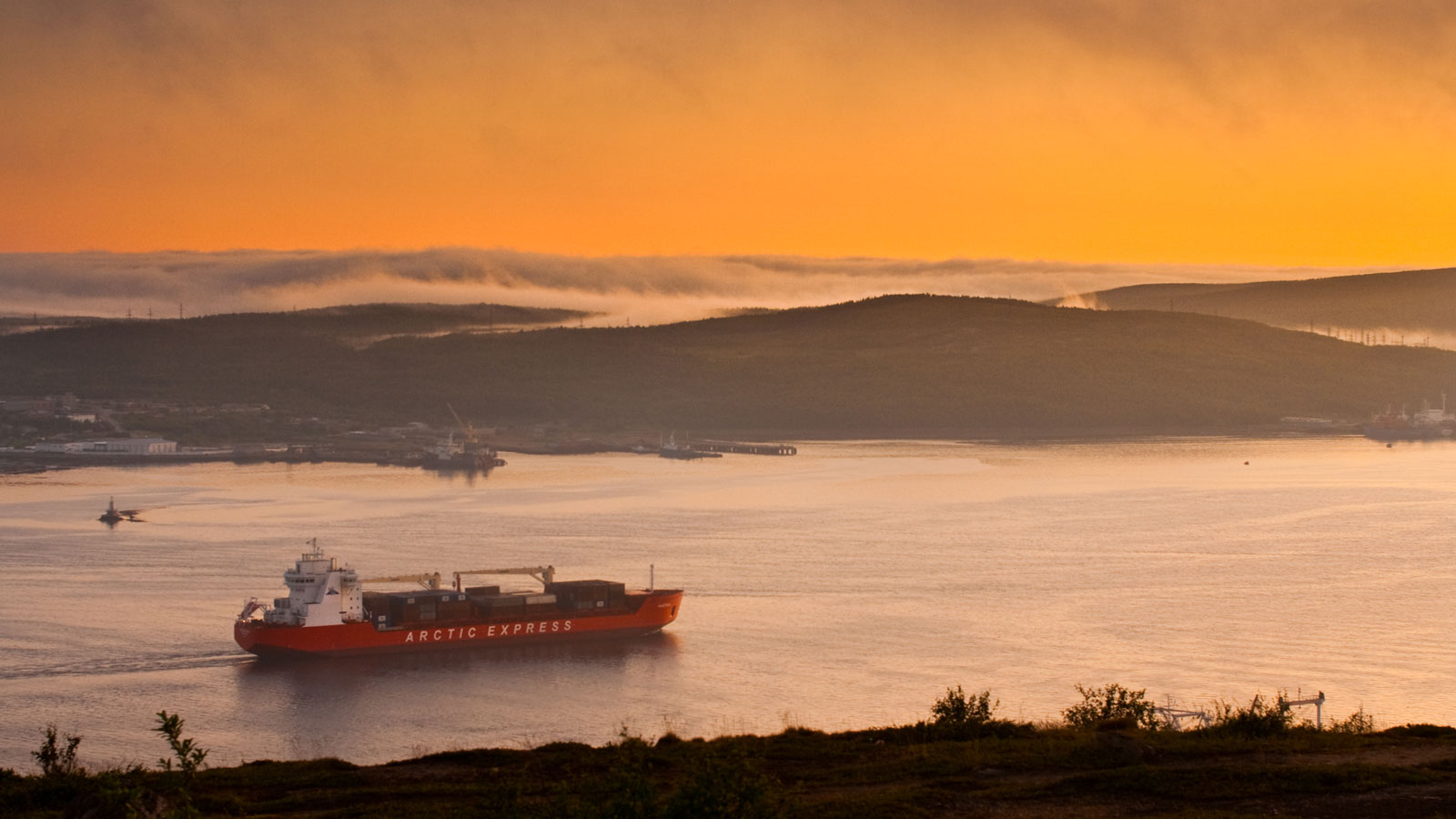In February, a Russian tanker made its way from China to a Russian gas plant, through the Arctic Ocean.
It was the first time a ship sailed the Northern Sea Route at that time of year. In the past, thick ice made the journey impossible. But as the climate warms, the sea ice is melting.
Dalee Sambo Dorough of the Inuit Circumpolar Council says many Indigenous people in the region are worried.
“The open water … is now seen as an opportunity by more powerful forces that are looking for the fastest route across oceans in order to deliver their commodities,” she says.
She says ship traffic could pollute Arctic waters, and harm fisheries that many Indigenous people depend on for their livelihoods.
Some regulations already exist to govern Arctic shipping. So Dorough says the world must enforce them and create new regulations as new threats emerge.
And she says the people who have lived, fished, and hunted in the region for generations should be central to that process.
“It’s absolutely critical … that we have a voice in the development of regulations, laws, guidelines … concerning our homelands and our territory,” she says.
Reporting credit: Sarah Kennedy/ChavoBart Digital Media
Source link


